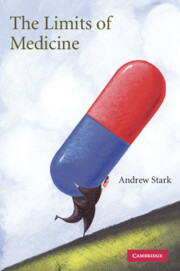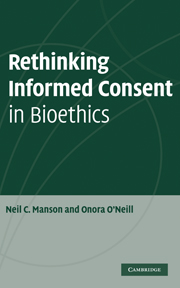The Limits of Medicine
What are the final limits of medicine? What should we not try to cure medically, even if we had the necessary financial resources and technology? This book philosophically addresses these questions by examining two mirror-image debates in tandem. Members of certain groups, who are deemed by traditional standards to have a medical condition, such as deafness, obesity, or anorexia, argue that they have created their own cultures and ways of life. Curing their conditions would be a form of genocide. Members of other groups are seeking to provide medical treatment to what would conventionally be deemed 'cultural conditions'. Mild neurotics who take anti-depressants to elevate their mood, runners who use steroids, or men and women seeking cosmetic surgery are asking for medical treatment for problems that might be solved culturally, by changing norms, pressures, or expectations in the broader culture. Each of these two debates endeavors to locate medicine's final frontier and to articulate what it is that we should not treat medically even if we could. This volume analyzes what these two contemporary debates have to say to each other and thus offers a new way of determining medicine's final limits.
- The topic is timely because of new and anticipated breakthroughs in medicine and timeless because of the moral issues implicated
- Deals specifically with issues of deep interest to a number of identifiable communities
- Offers a new way of determining what medicine's final limits should be
Product details
January 2006Paperback
9780521672269
264 pages
229 × 152 × 18 mm
0.361kg
Available
Table of Contents
- Introduction: reversing our lenses
- 1. Between the normal and the ideal
- 2. A visit to the Kantian doctor
- 3. Cultural spouses, cultural siblings
- Conclusion.



